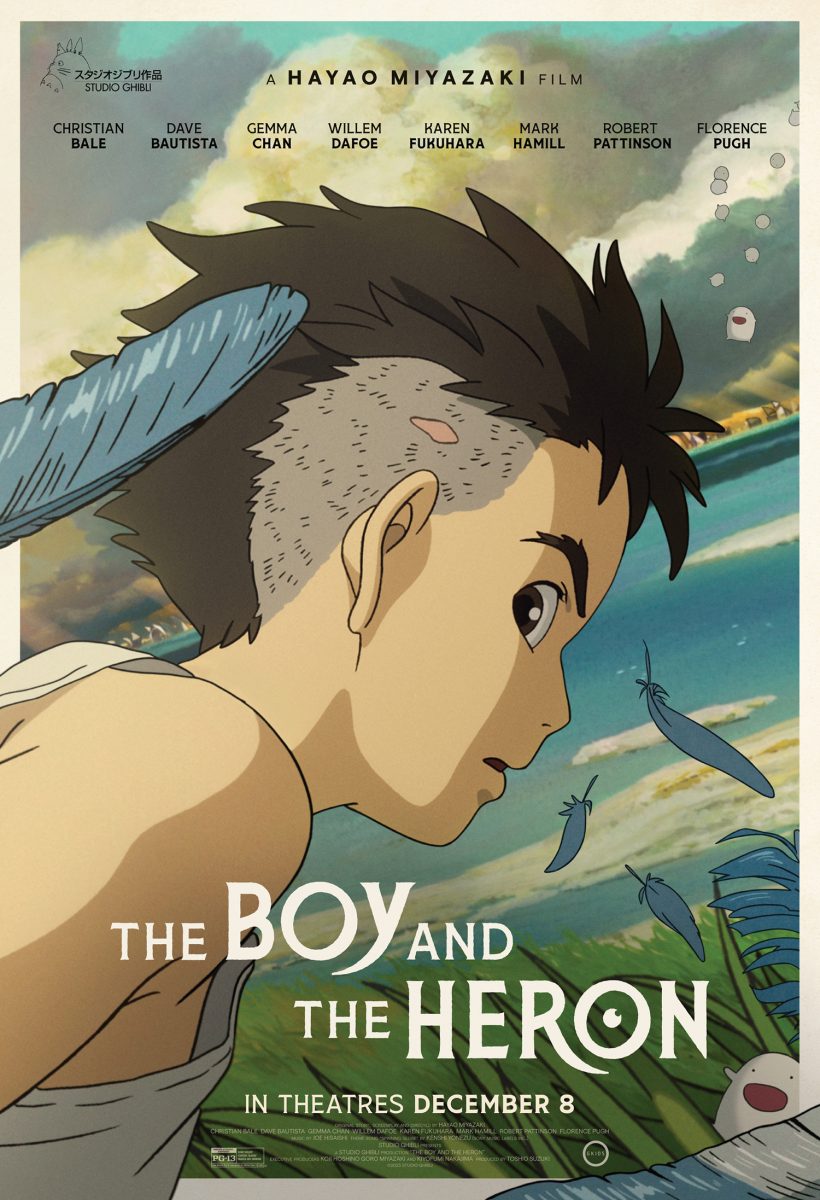By Danielle Blondin

If you’re a college student, you’re certainly aware of the outrageous cost of textbooks. But are you aware that textbooks will account for about 20 percent of your overall student debt? It’s true, according to Paul Kelly, campus organizer for Massachusetts Public Interest Research Group’s Fitchburg State chapter. “There is something fundamentally wrong with this situation,” Kelly said. “We are in a student debt crisis, and academic institutions have an ethical obligation to ensure accessibility and affordability. It is even in the mission statement of Fitchburg State University.”
The good news is that MASSPIRG has a plan to help Fitchburg State students save some of that money, through the implementation of an “open textbooks” pilot program. Kelly is working to bring the program, which involves making open-source textbooks available online free of charge, to campus. In particular, the textbooks for required core classes would be made available because they are commonly used by so many students.
According to Kelly, the Fitchburg State campus has generally been “very supportive” of the campaign to switch to open textbooks, and MASSPIRG has collected endorsements via photo petitions (@FalconPIRG) from about 20 percent of the student population as well as signatures of support from 19 professors. “As we speak, SGA is discussing endorsing our campaign,” Kelly said. “Using the open textbooks available right now, today, we could save more than $1 billion in textbook costs [in the U.S.], just by replacing ONE traditional textbook for every student, every year,” Kelly said. “That’s why we’re asking faculty, librarians, campus administrators and student leaders to be open textbook champions – to give their campuses a chance to step up and make real concrete changes on behalf of their students.”
This could be a step in the right direction – but only if students are actually reading those textbooks. According to Kelly – and most professors – keeping up with the textbooks is crucial for success, and the students that are unable to purchase textbooks due to the cost are at a severe disadvantage. “Our data reports that 65 percent of those surveyed skipped buying a required book, and of those, 94 percent said that it affected their ability to learn,” Kelly said. “In general, our data shows that students actually achieve better in classes that use open textbooks, especially because they all actually have the textbooks and are using them.”
Dr. John Chetro-Szivos, a professor in the communications media department who actually writes his own textbooks, also believes that textbooks are “critically important” even though, in his experience, “Most students just don’t read, no matter what is assigned to them.” Chetro-Szivos has already made strides toward cutting costs for students by posting readings for his classes online, for free. “Books are great references and you are likely to use them again in your future; in some ways, they are your tools,” Chetro-Szivos said. “However, not everyone is that invested in their education. My take, and I realize it is mine, is that at this time in your life, school is the priority and books are part of that process. There are just some students who are invested in other things and are not getting the most out of their education.”
Chetro-Szivos pointed out that he does, in fact, have a grad student in his class who has “the latest iPhone and a MacBook Air, but claims to not be able to afford the book,” which sheds light on the fact that maybe this is a deeper issue than just the actual cost. “When I look around the room, I doubt if there are many students who can’t afford the books. Sometimes they just make other things in their life a priority,” he said.
From the perspective of an author, Chetro-Szivos is also able to counter the potential argument that professors who write their own books may lose out on compensation if open textbooks were implemented at Fitchburg State. “As I understand, there is some kind of payment to authors, but they earn very little on textbooks anyway,” he said, “I think that on the one I am currently writing, I would earn 6 percent. It is unlikely that that amount of money would change my life. A few years ago, a publisher asked me to write a workbook for the text I was using. They offered $2,800. I could have gotten a summer job at a grocery store and earned more money.” It is important to note that Chetro-Szivos does believe, as Kelly does, that open textbooks are “generally a good idea.”
One of the most important elements of this discussion is not about textbooks or money, or even the actual act of reading the textbook, but in giving students a voice. “Students don’t have to take everything lying down, they have a right to advocate for their self-interest and a right to ask their academic institution to keep their interest in mind,” Kelly said. “All too often, students feel disenfranchised or disempowered, and that nobody is advocating for them; well, that’s the purpose of PIRG, to advocate for students.” MASSPIRG’s funding goes toward hiring professionals to visit campus and instruct students on how to manage campaigns and the media, among other things, and essentially “advocate for themselves,” as Kelly puts it.
Other universities, including UMass-Amherst, have successfully implemented open textbook programs, according to Kelly. “Students should not be seen as an ATM for their corporations and institutions, he says. “Students have rights, they should know their rights, and they should exercise them.”
Categories:
MASSPIRG Fights Against High Textbook Costs
December 2, 2015
0






